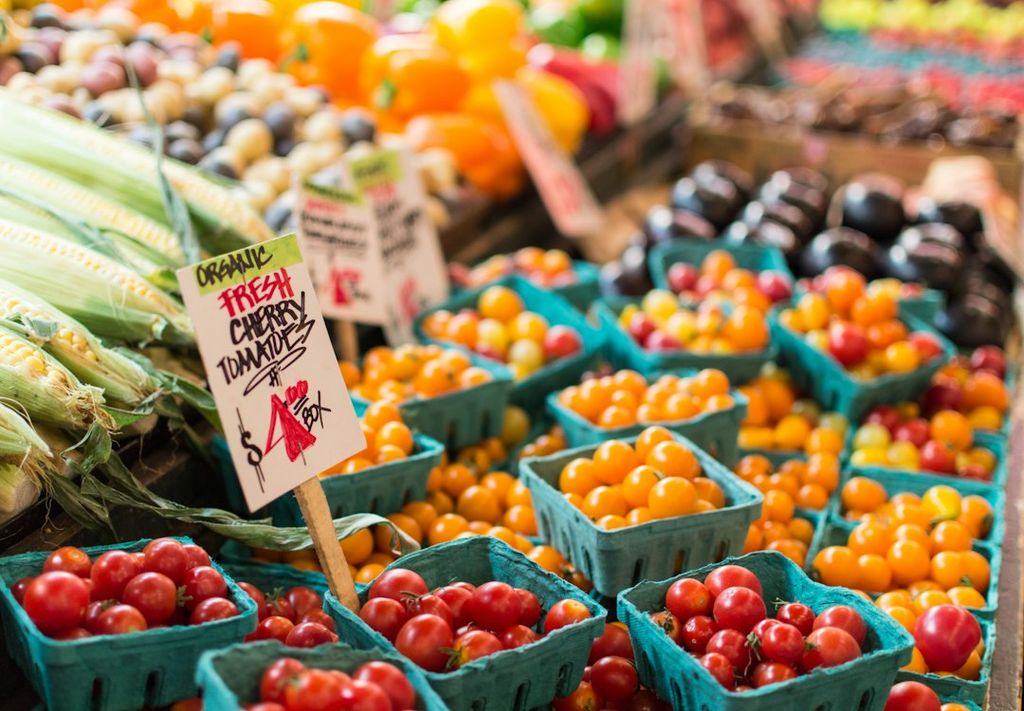The Thai food market presents unique challenges for US exporters looking to recover debt. Cultural differences, regulatory hurdles, and competition from local producers can make debt recovery a complex process. However, by understanding the Thai business culture, building strong relationships with Thai buyers, navigating the legal and regulatory landscape, and adapting marketing and packaging strategies, US exporters can increase their chances of successful debt recovery in the Thai food market.
Key Takeaways
- Cultural understanding is crucial for successful debt recovery in the Thai food market.
- Building strong relationships with Thai buyers can help in debt recovery efforts.
- Navigating the legal and regulatory landscape is essential for debt recovery in Thailand.
- Adapting marketing and packaging strategies to suit the Thai market can improve debt recovery.
- Persistence and patience are key qualities for successful debt recovery in the Thai food market.
Challenges Faced by US Exporters in the Thai Food Market
Cultural Differences and Taste Preferences
Understanding the cultural nuances and taste preferences in the Thai food market is crucial for US exporters. It is important to recognize that Thai cuisine is known for its bold flavors and unique ingredients, which may differ from what American consumers are accustomed to. Adapting to these differences can help exporters capitalize on the growing demand for Thai food products.
Regulatory Hurdles and Trade Barriers
Navigating the regulatory landscape in the Thai food market can be challenging for US exporters. Trade barriers and complex regulations add to the difficulties. Here are some key points to consider:
Competition from Local Thai Food Producers
Local Thai food producers pose a significant challenge for US exporters in the Thai food market. These producers have a deep understanding of the local taste preferences and cultural nuances, giving them a competitive edge. They also have established distribution networks and strong relationships with local buyers, making it difficult for US exporters to penetrate the market. Additionally, local producers often offer lower prices due to lower production costs, making it hard for US exporters to compete on price alone.
Strategies for Successful Debt Recovery in the Thai Food Market
Understanding the Thai Business Culture
To successfully navigate the Thai business culture, exporters should keep the following in mind:
Building Strong Relationships with Thai Buyers
To establish strong relationships with Thai buyers, it is important to understand their business culture and communication style. Trust and personal connections play a significant role in Thai business relationships. Building rapport and maintaining a long-term perspective are key. Patience and flexibility are essential when dealing with Thai buyers. It is also crucial to adapt to their preferred communication channels, which may include face-to-face meetings and phone calls rather than relying solely on email. Clear and open communication is vital to avoid misunderstandings and build trust.
Navigating the Legal and Regulatory Landscape
Expect our collector to make daily attempts to contact the debtors for the first 30 to 60 days. If all attempts to resolve the account fail, we go to Phase Two, where we immediately forward the case to one of our affiliated attorneys within the debtor’s jurisdiction.
Phase Two:
Upon our office sending your case to a local attorney within our network, you can expect the following.
- The receiving attorney will immediately draft the first of several letters to the debtor, on his law firm letterhead, demanding payment of the debt owed to you.
- The receiving attorney or one of
Adapting Marketing and Packaging Strategies
In order to succeed in the Thai food market, US exporters need to adapt their marketing and packaging strategies to cater to the unique preferences of Thai consumers. This includes understanding the local culture and consumer behavior, as well as tailoring product packaging and branding to appeal to Thai tastes. Additionally, US exporters should consider partnering with local distributors or retailers who have a deep understanding of the market and can help navigate the complexities of distribution and retail channels. By adapting their marketing and packaging strategies, US exporters can increase their chances of success in the Thai food market.
Strategies for Successful Debt Recovery in the Thai Food Market
Frequently Asked Questions
What are the main challenges faced by US exporters in the Thai food market?
The main challenges faced by US exporters in the Thai food market include cultural differences and taste preferences, regulatory hurdles and trade barriers, and competition from local Thai food producers.
How can US exporters overcome cultural differences and taste preferences in the Thai food market?
US exporters can overcome cultural differences and taste preferences in the Thai food market by conducting market research, adapting their products to suit local tastes, and collaborating with local partners who have a better understanding of the market.
What are the regulatory hurdles and trade barriers that US exporters face in the Thai food market?
US exporters face regulatory hurdles and trade barriers in the Thai food market such as import restrictions, labeling requirements, and certification processes. It is important for exporters to familiarize themselves with the relevant regulations and work closely with local authorities to ensure compliance.
How can US exporters compete with local Thai food producers in the Thai food market?
To compete with local Thai food producers, US exporters can differentiate their products by highlighting unique qualities, offering competitive pricing, and leveraging their brand reputation. Building strong relationships with Thai buyers and distributors is also crucial for success.
What is the importance of understanding the Thai business culture for successful debt recovery in the Thai food market?
Understanding the Thai business culture is important for successful debt recovery in the Thai food market as it helps establish trust and rapport with Thai buyers. It also enables exporters to navigate negotiation processes effectively and resolve any payment issues that may arise.
How can US exporters build strong relationships with Thai buyers in the Thai food market?
US exporters can build strong relationships with Thai buyers by investing time in building personal connections, demonstrating reliability and commitment, and providing excellent customer service. Regular communication and face-to-face meetings are also important for maintaining strong relationships.





